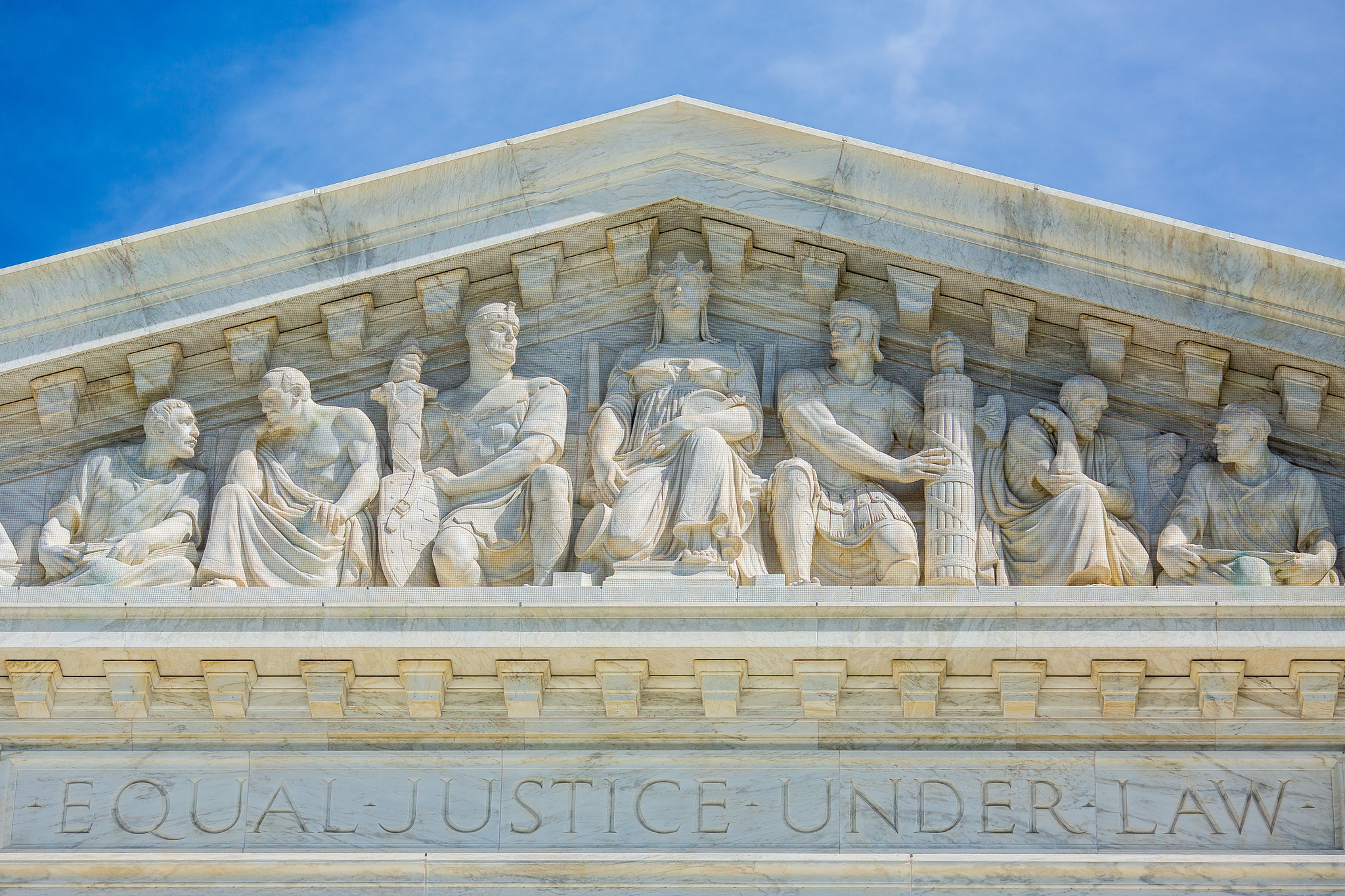
The Supreme Court on Tuesday appeared likely to reject a challenge to the constitutionality of a provision of a 2017 corporate tax reform law that taxes the undistributed profits from U.S. shares of foreign corporations that are majority American owned. The Washington state couple at the center of the case is seeking a refund of the one-time $15,000 increase in their tax bill as a result of the law, but the federal government’s top lawyer told the justices that a ruling in the couple’s favor could cause a “sea change in the operation of the tax code” and cost “several trillion dollars” in lost revenue – an argument that seemed to draw support from a majority of the justices.
The tax at the center of the case is known as the mandatory repatriation tax, a one-time tax imposed on the earnings after 1986 of foreign corporations in which U.S. shareholders own at least 50% of the stock. The tax applies regardless of whether the earnings were distributed to shareholders or whether the shareholders owned the shares when the corporation made the earnings on which they are being taxed.











